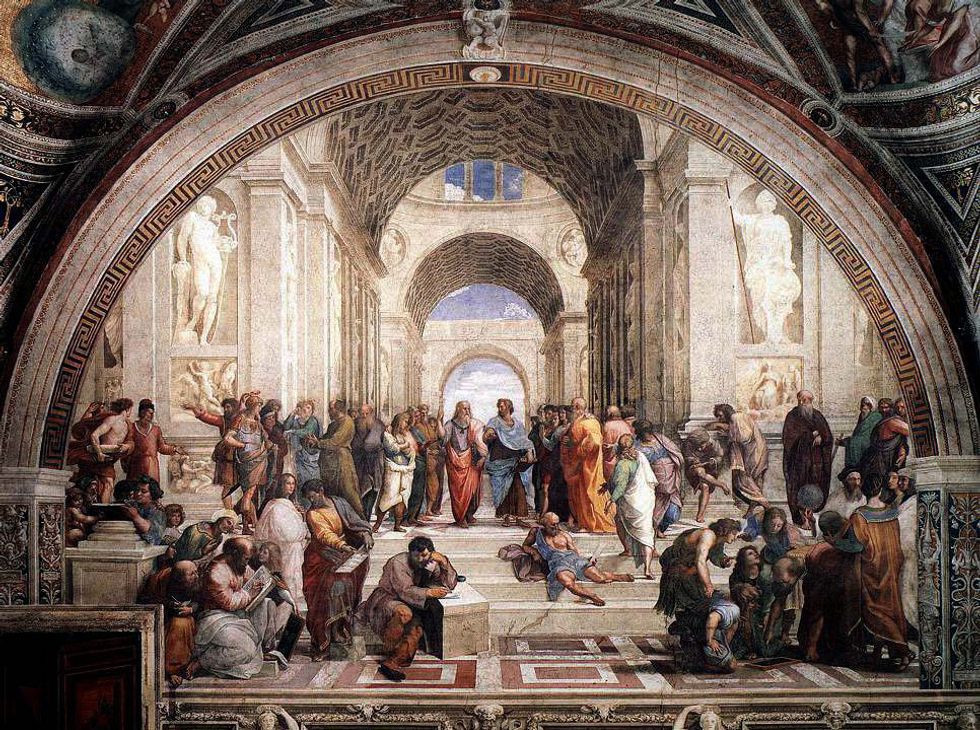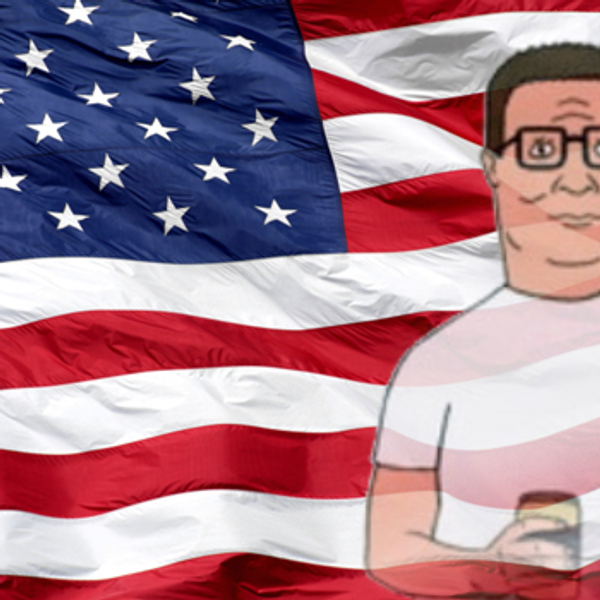The word liberal can be traced to its Latin origin liber meaning “free,” however, the connotation of free is much deeper. Free from what? Free from the restraints not only of society, but of him/herself. The willingness to question everything they know and understand as true and embark on a journey into the depths of the unknown. To be free of their own thoughts and convictions, in order to be open minded and a free thinker. To trade the conventions of certainty for the mysteries of the unknown in the pursuit of truth. Free from society by being able to create new and profound ideas never conceived before.
Now imagine travelling back 2,500 year ago to the famed Greek Lyceum in a time when education was a much different concept. In a time, where the depths of uncertainty were explored through logic. Where the sciences were not at the heart of education and logic reigned supreme. What was taught in one of the most acclaimed schools in the world? Only three core ideas: grammar, rhetoric and logic. In Greek society, these were heralded as the three most power skills in the world. They believed grammar gave man the power over words, logic the power over argument and rhetoric the power over man.
They sharpened their skills by debating in public rather than being lectured in the classroom. By debating, the Greeks synthesized, developed, and created ideas that would last over two thousand years. They were taught not to accept the conventional facts, but rather to question them. They abandoned the truths of society at the time in order to question the uncertainties. This idea, this legacy would give birth to what would become known as liberal arts.
Now returning to modern society over 2,500 years later we see the liberal arts program as something more comprehensive and encompassing, however the concept is strangely similar to the Greeks. In a liberal arts college, one still may not see the typical classroom setting oftentimes classes will be in a field and students have discussions rather than lectures. The goal of these discussions is to understand others views as well as your own and to understand how experiences impact perspectives. In liberal arts colleges, the humanities are still stressed providing the student with a broad range of skills. Students are encouraged to be free thinkers and open minded about issues, rather than relying on a conviction. The ability to argue or debate in the classroom not only with students, but professors as well. This leads to an overall understanding and the ability to think in multi-dimensions rather than one.
Although strongly influenced by the Greeks, the concept of the liberal arts system has evolved with the times. With the addition of courses such as the sciences and the concept of double or in some cases triple majoring the opportunities and possibilities are infinite. Now a nuclear engineer can pursue a passion in philosophy. By giving students a large expanse of different classes to take they are teaching how to look at an idea differently and integrate knowledge from mathematics, biology, literature, and other seeming irreconcilable classes. These seemingly incompatible classes have actually given the student multi-dimensional view of a problem. This modern education has essentially changed society’s problem-solving skills as people have become educated in more diverse topics.
Albert Einstein once said, “Education is not the learning of facts, but the training of the mind to think.” The difference between the learning of facts and learning to think is the ability to view a problem through multiple lenses rather than just a limited view. The emphasis of education in society is shifting from the memorizing of endless facts to learning not only how to think, but to think different. As the liberal arts continue to evolve, one must question “What are the possibilities?”






















